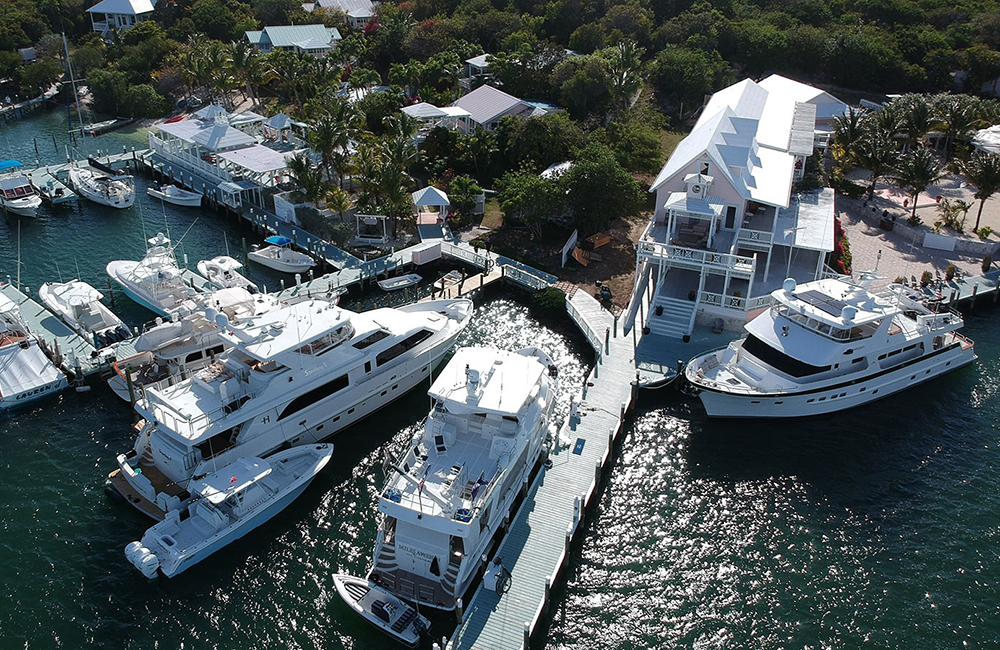Boating tips are useful during busy holiday weekends and trips, as well as all season long. No matter the size of your boat or yacht, or where you are cruising around the globe, these six general tips provided by the U.S. Coast Guard are a great road map for safer, more relaxing boating experiences (www.boatingmag.com):
FILE A FLOAT PLAN Leave a detailed float plan with a friend or family member who is staying back. The sooner a craft can be reported overdue, the more likely a positive outcome will result. Facts need to be quickly and accurately conveyed in an emergency. Your float plan should include detailed information that rescue personnel need in order to find you. For examples of a float plan, and for more information, visit www.floatplancentral.org before you go.
WEAR A LIFE JACKET Life jackets save lives. In 2016, 80 percent of all fatal boating accident victims drowned. Of those, approximately 83 percent were not wearing a life jacket. Accidents can leave even a strong swimmer injured, unconscious, or exhausted in the water.
TAKE A VHF-FM MARINE RADIO Cell phones may lose signal off shore and run out of batteries after a day on the water. They are helpful, but not reliable for emergencies. VHF-channel 16 is the marine emergency channel. It should only be used for emergencies. Boaters can reach the Coast Guard on marine-band radios at any time, day or night.
MONITOR WEATHER BROADCASTS Watch for current storm and small craft advisories. The National Weather Service broadcasts marine weather forecasts regularly. Forecasts can be heard by tuning in to channels 1 through 5 on a VHF marine radio or by checking the NWS website at www.weather.gov.
HAVE A SIGNALING DEVICE TO COMMUNICATE AN EMERGENCY Boaters should have a signal flares, whistle, horn, or signal mirror, in addition to an emergency position-indicating radio beacon (EPIRB) to alert first responders to the location of a water emergency.
**NEVER BOAT UNDER THE INFLUENCE (BUI)** It is illegal to operate a boat while under the influence of alcohol or drugs in every state.
Stay safe and have an enjoyable cruising season! Contact Outer Reef Yachts to learn more about our safety-conscious builds and procedures.
Back to All Articles